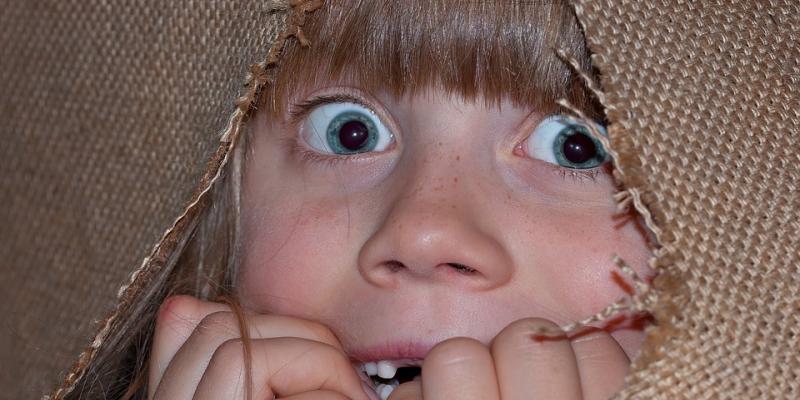
Simply put, rodents are nasty. Seeing a mouse can send people fleeing to the tops of chairs and their larger cousin, the rat, can even send bodybuilders running for the door. Rats and mice get into our food, carry more diseases than most people can name, invade our living spaces, and cause all manner of destruction. If seeing one isn’t enough to make your hair stand on end, here are a few facts that might get your hair pointing skyward.
1. Rats have very strong teeth. They can bite through aluminum and lead. Rats have been known to chew through electrical wiring. Not even glass, brick or cinderblock can stop them. If you see a rat, think twice about using your feet as a weapon. Their sharp teeth can easily bite through shoes and even your toenails.
2. Rodents are tricky. If you see a hole the size of a quarter, an adult rat can find a way to wiggle through. A mouse can do even better. If your house has a crack or hole the size of a dime, (where utility pipes enter your home, or perhaps the crack beneath the door) you’ll soon be sharing your food with Mickey and Minnie.
3. If you find one, there could be dozens more. Dozens might not be the best word. That little ball of fur scurrying across your kitchen tile can become an infestation fast. In one year, a single female mouse can birth around 140 babies. Each female can begin having offspring at the age of 2 months. 140 soon become thousands. Don’t procrastinate, contact a licensed pest professional early.
4. They are tough. A rat can survive being flushed down the toilet. After being flushed, some have been known to make their way back up. Water isn’t an issue, they can swim. An adult rat can tread water for three days before complete exhaustion sets in. Falling isn’t much of a problem either; rats can survive a 50 foot drop without being injured.
5. Rodents are associated with disease. Not only do they transmit Hantavirus, the Black Plague and Salmonella, but so much more. The Center for Disease Control lists 11 diseases that can be transmitted by direct contact, and another 15 that are transmitted indirectly (from vectors such as ticks and fleas).
6. Talk about a loose bladder. Rats and mice urinate, a lot. They use pee as a way to mark trails and territories. Rats will urinate on top of scent trails to show dominance and on food to mark it as their own. A loose bladder isn’t everything; a mouse can leave 40 to 100 dropping per day. If nothing better can be found, a rat will eat its own defecation.
Rodents are horrifying, goose-pimple-inducing little demons. Nobody wants their little droppings anywhere near their home or family. If you suspect any pernicious rodents poking around, make sure you act quickly. They can cause more than just a bad hair day.
For more tips on how to keep pests out, check out some of the other blog posts on Interstate Pest Management.